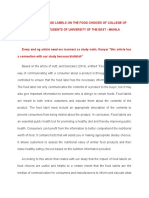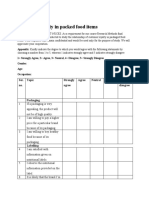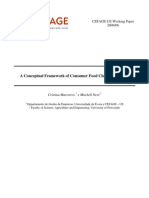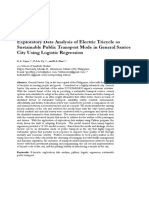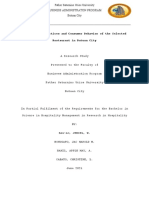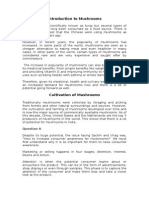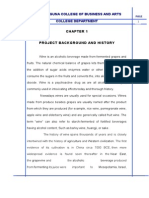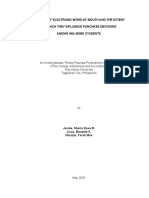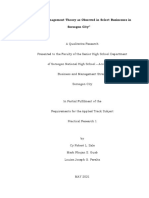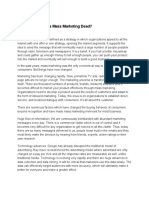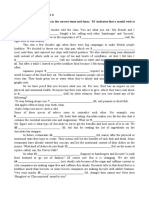Name: Jade Ruby L.
Tito Subject & Section: CWTS1 NST17
Reflective Essay: Awareness on Halal Food
Production
Islamophobia have visibly existed all around the world. Muslims widely
seen as facing discrimination are having difficulties promoting the production of
halal as ignorant fear clouded the judgement of some business owners. Halal
which means permissible or acceptable in accordance with Islamic law is even
known by few but not entirely by the whole nation, it only shows the limit
sources found in the internet and the extent of religion teachings taught in
Philippine schools. We know that entrepreneurs still have certain flaws in the
field of halal products, so the webinar happened on July 10, 2021 with the theme
“Awareness on Halal Production” would greatly contribute in terms of offering
knowledge to the students, travelers, entrepreneurs, and the to-be business
owners.
Muslims place a high value on following to their Islamic teachings and
beliefs. The idea of halal, which is basically the foundation of everything they do
and specifies what they can and shouldn't ingest, is one of their most important
teachings. However, it causes many misunderstanding, to clear the confusion, the
concept of halal- which means ‘permissible‘ in Arabic- is not just being applied to
food, but it also includes products ranging from bank dealings to cosmetics,
vaccines and even tourism. The concern for halal branding has led to a stimulus in
the demand for halal logos, which for them, deemed more important than the
ISO and other similar certification. Halal food is essential in global marketing
since its popularity is growing. In addition, halal foods are not only compliant
with Islamic law, but they are also safe for human consumption due to the
manner they are produced and processed. Although halal standards may be
applied to any business, the food and beverage industry has the highest level of
halal understanding, making compliance critical. Food, which comprises main
meat, processed products, bakery food, and confectionery, is said to make up
roughly 60% of the halal sector.
On the other hand, halal tourism sounds like a new product in the tourism
industry market. This niche market offers a great prospective for halal tourism.
The global Muslim population is rapidly increasing, demanding the development
of customized halal tourist products and services to cater in this sector. Muslims
�all around the world would travel for their faith, so a hotel that caters and can
show a halal certification would be appreciable for the Muslim tourist and/or
travelers, for example, halal hotels do not serve alcoholic beverages, offer
permissible food and it’s certifications, wellness facilities for women, prayer
rooms, and over-all, a Muslim-friendly environment.
I believe that the demand for halal products and services is increasing
every year as the number of Muslims grows. And, as what I think, it’s not only
popular among Muslims, but also among people of other religions and
philosophies, because halal products and services are known for their high quality,
and the halal sector is built on mutual respect and honest cooperation. However,
the discrimination against Muslims is very evident in the country, which hopefully
would stop to continually develop halal products at widespread. Another solution
to decrease the prejudice is to normalized teachings about other faiths to remove
toxic myths, especially in Islam. It may not completely eradicate the issue, but at
least students can be exposed to other religions and the horror prejudice could
bring.
Islamophobia negatively affects a nation’s tourism and economy. It’s a
clear statement which moves from the growing population of Muslims and the
increasing demand for halal food and service.The Philippines, a predominantly
Christian country, contains around millions of Muslims, accounting up about 10%
of the population. And it’s no secret that beyond the prejudice, halal-certified
goods have become a suitable alternative as more Filipinos have grown more
aware of their food and drink choices. With the growing number of Muslim and
non-Muslim consumers in the global market, it’s not far to dream of a booming
halal industry.

